Navigating Early Recovery During the Holidays: Finding Hope and Support

Many worry about family dinners, and purchasing presents as the holidays quickly approach. For people in early recovery, these stressors can be more severe. The combination of stress and additional temptations that accompany the holidays can intensify addictive behaviors, making it crucial for individuals and their loved ones to be aware of the potential risks and to seek support.
In this article, we’ll explore the nuances of addiction during the holiday season and guide you in finding hope and support.
Understanding the Challenges of the Holiday Season in Early Recovery:
Social Pressure: Holiday gatherings, parties, and celebrations often involve alcohol and other substances. The societal expectation to participate in these activities can be enormous. The fear of missing out or feeling left out can serve as a powerful trigger.
Emotional Turmoil: The holidays can bring a mix of emotions, including joy, stress, loneliness, and sadness. These emotional fluctuations can drive individuals to seek a means of escape to cope. In some cases, people may resort to drugs or alcohol to numb their feelings.
Family Dynamics: Family gatherings can be a source of joy and anxiety. For those with strained family relationships, the added stress of holiday interactions can trigger cravings for substances.
Financial Stress: The financial strain of gift-buying and holiday expenses can be a significant stressor. Some people feel a need to spend more than they can afford, amplifying their anxieties and worries.
Finding Hope and Support:
Prioritize Self-Care: Take time to engage in self-care practices to help manage stress and emotions. This may include exercise, meditation, deep breathing, or doing things you enjoy. Prioritizing your well-being is a fundamental step in navigating addiction during the holidays.
Plan Ahead: If you are in recovery, plan for holiday events. Let trusted friends and family members know about any triggers and ask for their support. Develop strategies to cope with cravings, such as having a non-alcoholic drink in hand or having a friend on standby for a check-in.
Seek Sober Activities: Explore sober activities and events in your area. Many communities offer holiday-themed events that do not involve substance use. Participating in these can be a great way to stay connected with others in recovery while avoiding triggers.
Attend Support Groups: Continue attending your regular support group meetings and consider attending extra meetings during the holiday season. These gatherings can provide a sense of community and accountability, helping you stay on track with your recovery.
Set Realistic Expectations: Understand that the holidays are not always picture-perfect, and it’s okay to have ups and downs. Set realistic expectations for yourself and the festivities. Don’t put too much pressure on yourself to be perfect or to please everyone.
Reach Out for Professional Help: If you find yourself struggling during the holiday season, don’t hesitate to seek help from a therapist or counselor. They can provide guidance and support tailored to your unique situation.
Support for Loved Ones:
If you have a loved one who is battling addiction during the holiday season, it’s essential to offer your support in a non-judgmental and understanding manner. Here are some ways to help:
Open Communication: Encourage open and honest conversations about their challenges and feelings. Let them know that you are there to listen and support them.
Respect Boundaries: Understand that your loved one may need space or time to attend support meetings or engage in self-care. Respect their boundaries and avoid pressuring them into holiday activities they may not be ready for.
Plan Inclusive Celebrations: Create a holiday environment that doesn’t revolve around substances. Provide alternative activities and ensure your loved one feels included and supported in your holiday plans.
Be Patient: Recovery is a journey, and setbacks can happen. Be patient and continue to offer your support and encouragement. Avoid judgment or criticism, as it can hinder the recovery process.
The Season of Recovery
Addiction during the holiday season can be particularly challenging, but it’s important to remember that recovery is possible. By understanding the unique challenges the season brings, prioritizing self-care, seeking support, and fostering understanding among family and friends, individuals battling addiction can find hope and strength to overcome the hurdles and enjoy a healthier, happier holiday season.
If you or someone you know is struggling with addiction, don’t hesitate to seek help and support. Your journey to recovery is a path toward a brighter and more fulfilling future, and the holiday season can be a season of healing and transformation.





